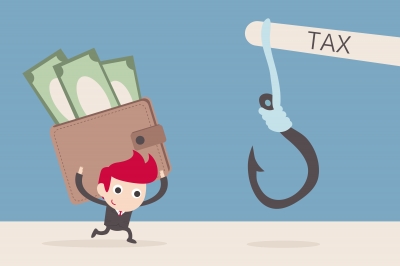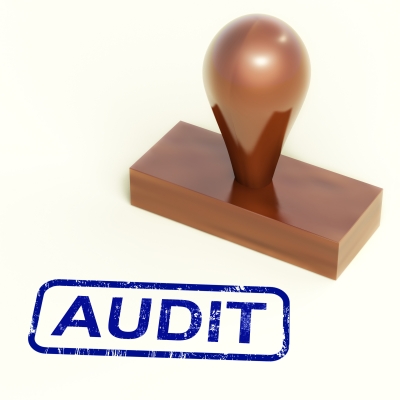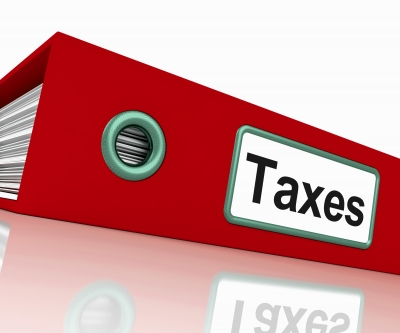Empty nesters that have recently sent their children to college may be searching for ways to save on their income tax bills. For these taxpayers, the loss of dependent children may also mean the loss of significant tax deductions which can cause their tax bill to rise considerably. Taking advantage of tax savings for empty nesters can help these individuals keep more of their money at tax time.
Kids off to College? Tax Deductions for Empty Nesters
Wage Garnishment: What the IRS Has to Do Before They Take Your Money
Some taxpayers think that the IRS can garnish wages without warning but the agency actually has several procedural rules that it follows when agents begin the wage garnishment process. By learning about the IRS rules for wage garnishment taxpayers who have outstanding back tax balances can prepare themselves to stop the wage garnishment process and avail themselves of the options they have.
12 Sweet Tax Tips for 2012: Get Them Before They're Gone
Many tax deductions and credits have been extended through 2012. This means that taxpayers may be able to claim some additional credits on their tax returns for 2011. However, there may also be some additional taxes due on specific transactions this year so it's wise for taxpayers to find out about the following 12 tempting tax tips for 2012 in advance.
Avoid These Common Audit Red Flags for a Smooth Return
he IRS only audits about one percent of all submitted returns each year. Why do some returns raise audit red flags while the vast majority skates by without a hitch? There are specific items that may trigger a deeper tax review on certain returns. To avoid being subjected to an audit, here are the dirty dozen IRS audit red flags you'll want to watch out for.
Penalty Abatement: How You Can Qualify
Do you owe back taxes to the IRS because a life emergency prevented you from filing your return on time? If so there's a possibility that you'll qualify for an IRS relief provision called penalty abatement. If you're able to get an abatement, you may be able to have your late filing penalties forgiven. However, qualifying for this provision is not easy and the IRS will not offer it to you simply because you made an error on your forms or forgot to send in your return on time. If you'd like to inquire about receiving penalty abatement don't deal with the IRS alone. Request the assistance of a qualified tax resolution specialist.
6 Tips to Help Lower Your Taxes
As tax time approaches taxpayers may be wondering if there are any options they can use to lower their income taxes. In order for any deduction to count for the tax year, it must have been made by December 31. Here are 6 tips to reduce your 2011 taxes.
Unfiled Tax Returns? It's Never Too Late
If the tax deadline for last year passed you by you might think it's too late to file your return. The truth is you can file a tax return at any time even if the deadline has come and gone. However, the sooner you submit your return the better off you'll be. Here are five reasons to file delinquent tax returns to the IRS.
What Can I Do About Unfiled Tax Returns?
How to Stop Wage Garnishment
10 Common Audit Triggers
SUBSCRIBE VIA EMAIL
POSTS BY TOPIC
- Tax Tips and Help (285)
- IRS Collections (121)
- IRS Audit (72)
- Tax Credits and Deductions (70)
- Tax Resolution (62)
- Business Taxes (54)
- Back Taxes (50)
- Wage Garnishment (22)
- Tax Levies (19)
- IRS Payment Plans (15)
- Tax Liens (14)
- Offer in Compromise (9)
- Unfiled Tax Returns (9)
- IRS Tax Attorneys (7)
- Asset Seizure (6)
- Tax Evasion (6)
- Criminal Tax Defense (4)
- Innocent Spouse Relief (4)
- Alimony (1)











